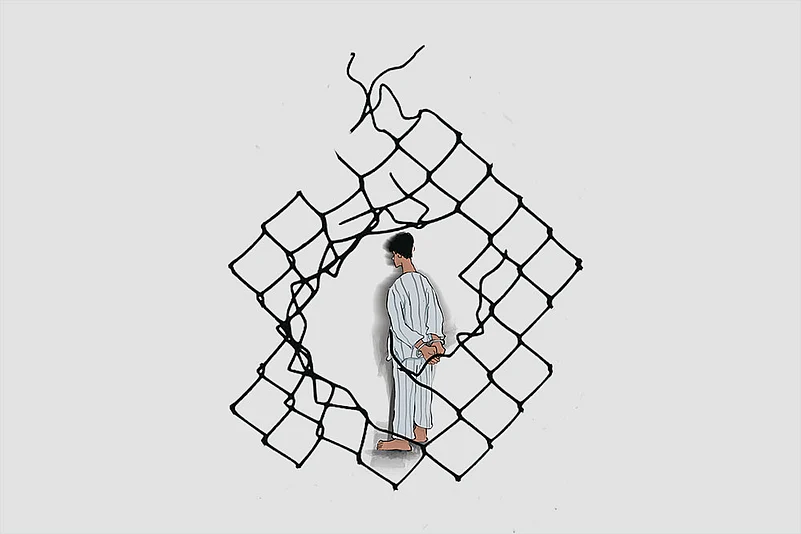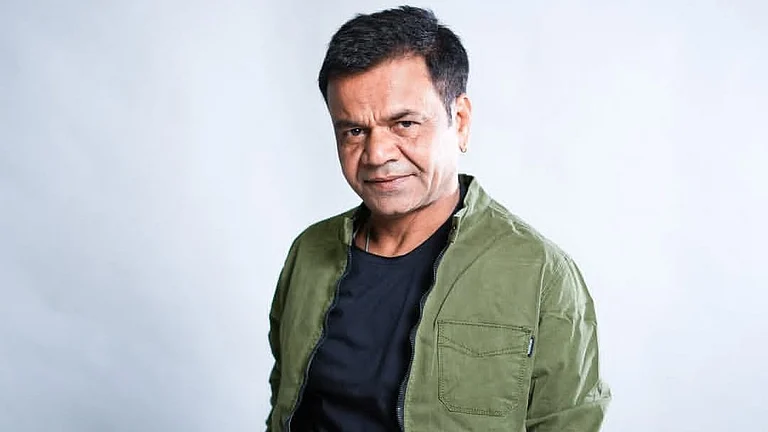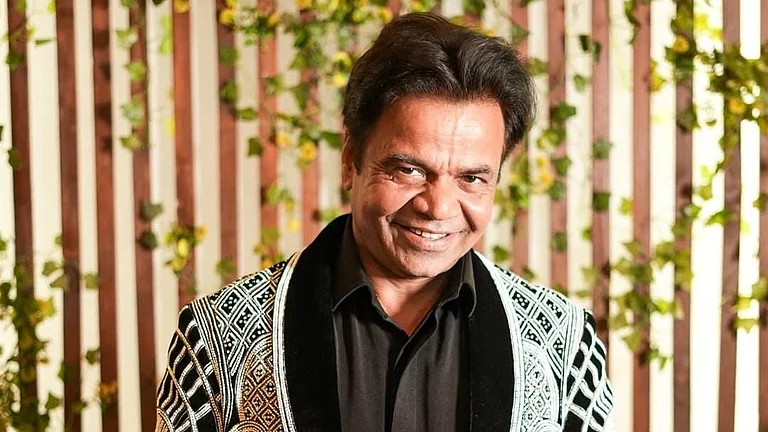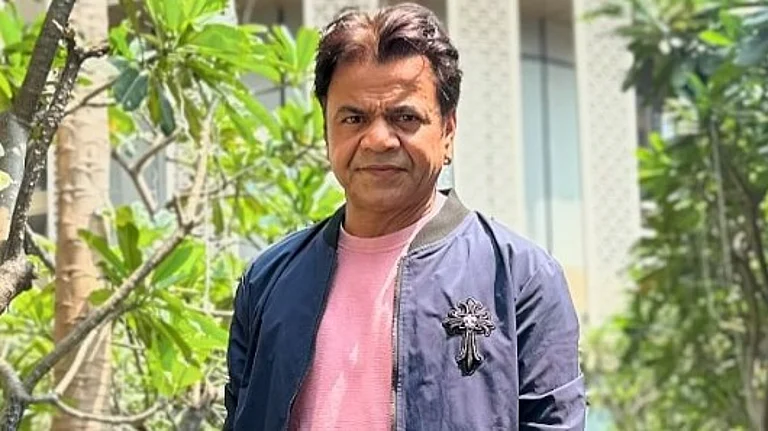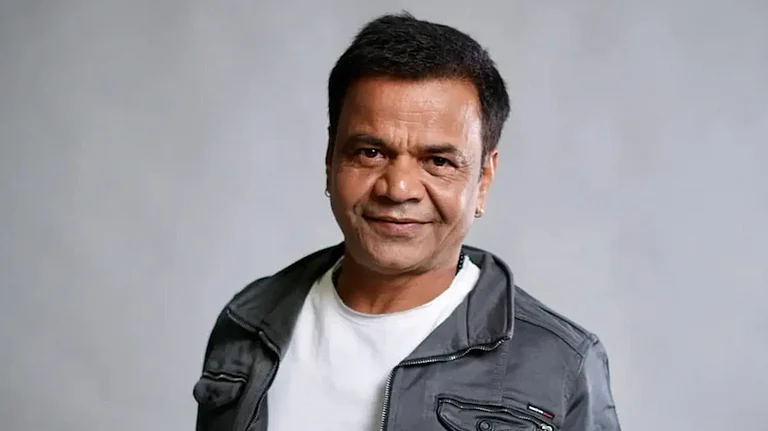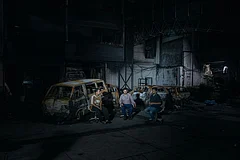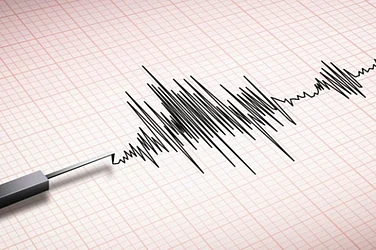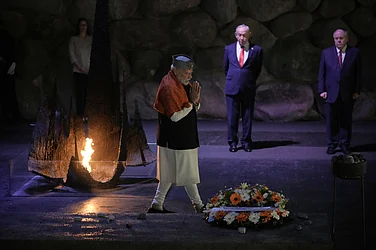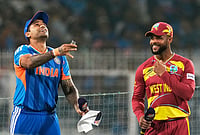Long back, one of the greatest judges of this country, Justice Krishna Iyer, laid down the law on the subject: “The basic rule may perhaps be tersely put as bail, not jail, except where there are circumstances suggesting of fleeing from justice or thwarting the course of justice or creating other troubles in the shape of repeating offences or intimidating witnesses and the like, by the petitioner who seeks enlargement on bail from the court.”
Today, in almost all cases of denial of bail by magistracy or district courts or even high courts, this basic law is not followed. Instead, judges review the merits of the case; in this case, seemingly, the high court assessed the 3,000-page charge sheet with 30,000 pages of electronic evidence, to conclude that the petitioners are prima facie guilty of a premeditated and well-orchestrated conspiracy behind Delhi riots, had made inflammatory speeches and that the trial was indeed progressing at a ‘natural pace’. This was a completely wrong judicial approach.
Judges have lost sight of the fundamental guarantee under Article 21 of the Constitution of India, which mandates that: ‘No one shall be deprived of his life or personal liberty, except according to procedure established by law.’
This provision was debated by constitutional framers back in December, 1948. Pandit Bhargava called this a Magna Carta, adding that: “This is only victory for the Judiciary over the autocracy of the Legislature. In fact, we want two bulwarks for our liberties. One is the Legislature and the other is the Judiciary. But even if the Legislature is carried away by party spirit and is sometimes panicky, the Judiciary will save us from the tyranny of the Legislature and the Executive.” He even hoped that: “In a democracy, the courts are the ultimate refuge of the citizens for the vindication of their rights and liberties. I want the Judiciary to be exalted to its right position of palladium of justice and the people to be secure in their rights and liberties under its protective wings.”
Have his hopes come true? I do not think so. Judiciary is increasingly becoming pro-Executive and anti-citizens in enforcement of constitutional and legal rights. Basic principles of criminal jurisprudence, like, “Every person charged is presumed to be innocent, it is for the prosecution to prove him guilty in a fair, reasonable and just manner” are forgotten. Now, the burden has shifted on the accused to prove otherwise. The prosecution is very secretive, aggressive, mostly inefficient and many a times, biased. Members of marginalised and minority communities are its victims.
K.M. Munshi, a lawyer, educationist, writer and freedom fighter said: “We want to set up a democracy; the house has said it over and over again; and the essence of democracy is that a balance must be struck between individual liberty on the one hand and social control on the other. We must not forget that the majority in a legislature is more anxious to establish social control than to serve individual liberty.” He feared: “We have, unfortunately, in this country, legislatures with large majorities, facing very serious problems, and naturally, there is a tendency to pass legislations in a hurry, which give sweeping powers to the Executive and the police.”
After seven decades, our democracy continues to reel under these challenges. Munshi concluded that: “Our emergency at the moment has perhaps led us to forget that if we do not give that scope to individual liberty and give it the protection of the courts, we will create a tradition which will ultimately destroy even whatever little of personal liberty which exists in this country.” The present situation shows how prophetic his words have turned out to be. The various freedoms guaranteed to us include freedom of speech and expression. Debating on it, Prof K.T. Shah had said: “The liberty of the person, ever since the consciousness of civil liberties has come upon the people, has been the main battle ground of the autocrats and those fighting against them…The autocrat, the despot, has always wished, whenever he was bankrupt of any other argument, just to shut up those who did not agree with him. It was therefore that anytime the slightest difference of opinion was expressed, the slightest inconvenience or embarrassment was likely to be causes by any individual, the only course open to those who wanted to exercise autocratic power was to imprison or arrest or detain such a person without charge or trial.”
Across India, lakhs of undertrial prisoners languish in jails without being granted bail by courts. Trials of such persons are notoriously delayed beyond imagination.
How did Prof Shah know in 1948 that today’s India will be faced with such a situation? Munshi made profound statements, “…Now that we have a democratic government, a line must be drawn between criticism of government, which should be welcome, and incitement, which would undermine the security or order on which civilised life is based or which is calculated to overthrow the State...As a matter of fact the essence of democracy is criticism of government.”
The protests against the Citizenship Amendment Act were in tune with this understanding and peaceful. But our judges do not seem to comprehend the width of these guarantees. They need to seriously study these debates to know the Constitution of India.
The Delhi High Court appears blindsided, as it totally ignored the most provocative statements of leaders of the BJP openly inciting crowds to indulge in violence against Muslims—“protestors will now have to be taught a lesson”, “desh ke gaddaro ko goli maro”, “where boli doesn’t work, goli does”, “boycott Muslims”, etc. Do these not constitute conspiracy? Did they not disturb social order and peace? Judges do not live in ivory towers. They must know how the police is functioning today. Justice Brennan’s famous quote is apt: “Nothing rankles more in human heart than a brooding sense of injustice. Illness we can put up with. But injustice makes us want to pull things down. When only the rich can enjoy the law, as a doubtful luxury, and the poor who need it most, cannot have it because its expense puts it beyond their reach, the threat to the continued existence of free democracy is not imaginary but very real, because democracy’s very life depends upon making the machinery of justice so effective that every citizen shall believe in and benefit by its impartiality and fairness.”
This debate calls for a serious review and reform of the judicial system in many ways. Be it selection and promotion of subordinate court judges or appointments of judges to the high court and the Supreme Court, dialogues among amongst all stakeholders, including lawyers and litigants, as also registry personnel, engaging with IITs and IIMs to learn and improve case load handling and most of all, permitting honest feedback from litigants who suffer injustices, knowingly or unknowingly in the system.
Injustice is everywhere in India and judiciary is either not capable or not willing to remove that, except for the few. The rich and powerful can cause injustice and yet get justice in our system. The paramount object of Article 21 is to prevent this very encroachment of the right of a person with respect to his life and liberty, save in conformity with the provisions thereof. “Personal liberty envisaged under this article means freedom from physical restraint of a person by incarceration or otherwise,” declared the Supreme Court in 2011 and further held: “In criminal cases, laws which entail conviction and sentence, liberal construction, with the aid of assumption, presumption and implications cannot be resorted to for the purpose of roping in the criminal prosecution such persons who are otherwise not intended to be prosecuted or dealt with by a criminal court.”
Across India, lakhs of undertrial prisoners languish in jails without being granted bail by courts. Trials of such persons are notoriously delayed beyond imagination. Speedy trial is only a wish which can never be fulfilled despite hopes of the Supreme Court. So, denial of bail after five long years is nothing short of summary conviction. And that is what the police and prosecution thrive on, looking at the dismal conviction rate in this country. Meanwhile as this court had said in a 1979 decision: “Today, unfortunately, in our country, poor are priced out of the judicial system. The poor in their contract with the legal system have always been on the wrong side of the law. The result is that the legal system has lost its credibility for the weaker section of community.”
The Delhi High Court, or for that matter, courts across India, including the Supreme Court, have done precious little to regain that credibility and redeem themselves.
(Views expressed are personal)
MORE FROM THIS ISSUE
(Dushyant Dave is a Former President of the Supreme Court Bar Association)
The article appeared in the Outlook Magazine's October 1, 2025, issue Nepal GenZ Sets Boundaries as 'Jail, Not Bail'







